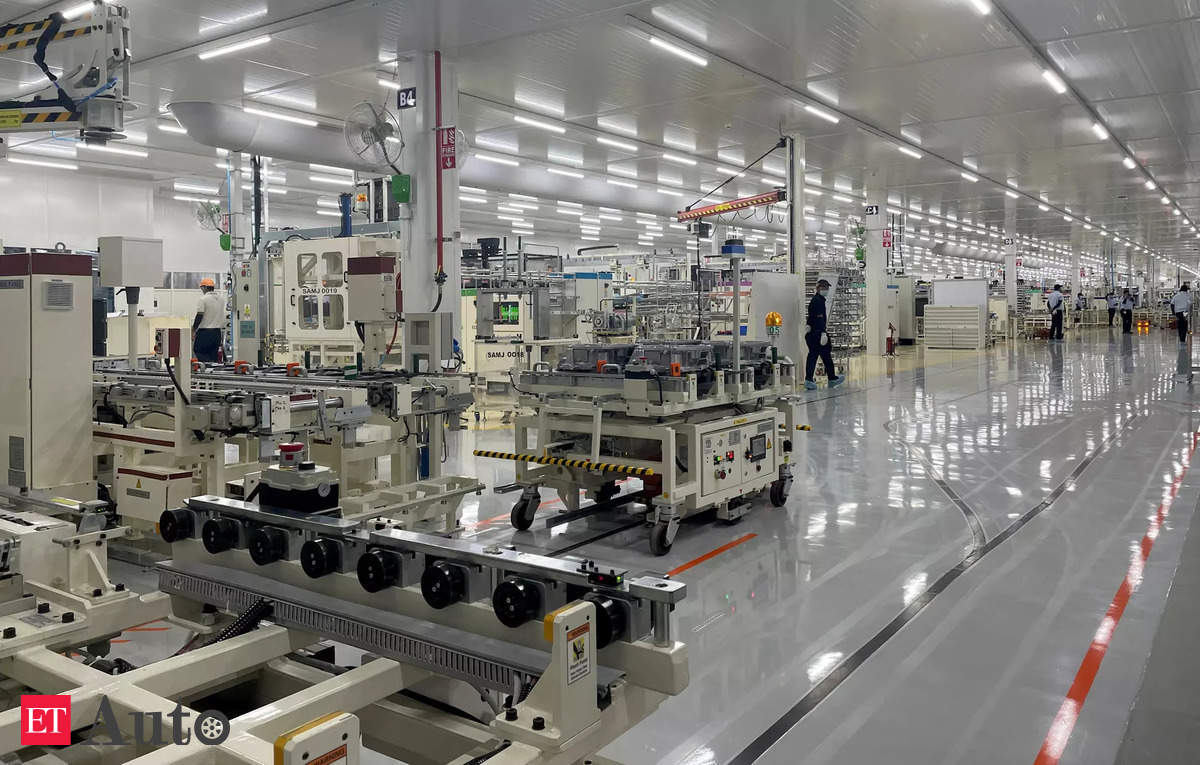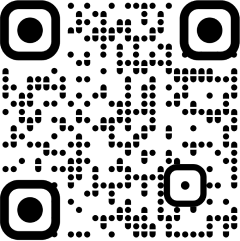Toyota Kirloskar Auto Parts (TKAP) has qualified for incentives under PLI Scheme. TKAP’s product has also met the Testing criteria of Advanced Automotive Technology, and it is certified by the Automotive Research Association of India (ARAI).
Established in 2002, TKAP is engaged in the manufacture and sale of automotive rear axles, propeller shafts, and transmission units. Over the years, the company has grown rapidly to emerge as a significant manufacturer of drivetrain parts and assemblies (xEV Transaxle) in the Toyota Group.
Aligned with “Aatmanirbhar Bharat” and in resonance with Toyota Group’s commitment towards “mass electrification”, TKAP in 2022 set up an advanced manufacturing facility to produce xEV Transaxle (e-Drive) for domestic supply to Toyota Kirloskar Motor and export to Japan and other Asian countries, in a step towards making India Toyota Asia’s Electrification Hub.
The new facility, fourth outside Japan, has an annual installed capacity of 135,000 units making it the best-case point of India’s emergence as a global manufacturing hub for EV parts. The product is a core component in all Electrified Vehicle technologies (xEVs) including Strong Hybrid Electric Vehicle (SHEV), Plus-in Hybrid Electric Vehicle (PHEV), Battery Electric Vehicle (BEV), Fuel Cell Electric Vehicle (FCEV), Flex Fuel Strong Hybrid Electric Vehicle (FFV-SHEV).
Apart from the localization of the electrified parts/components, TKAP has also been successful in localizing its plant and machineries that are being used to produce these local parts/components to a large extent.
K N Prasad, Managing Director, TKAP, said, “Given the renewed capability of Indian auto industry and the strong continued Government support through schemes such as PLI, we have made visible progress in establishing India as a critical manufacturing hub of advance, clean and efficient vehicles aimed at attending competitive pricing in the future,”
“For rapid electrification, it is necessary to localize and manufacture EV parts in India at a global scale and quality. Hence, the mandatory local value addition criteria set by the Ministry of Heavy Industries, Government of India enables further competitiveness in the locally manufactured Advanced Automotive Technology products.The robust and thorough SOP established by the Ministry of Heavy Industries and IFCI in consultation with stakeholders has enabled applicants to prepare appropriately and meet the established criteria,” he added.
Over the years, the Toyota Group of companies has been a significant contributor to the country’s “Make-in-India” Mission. The Group, including Toyota Kirloskar Motor, Toyota Kirloskar Auto Parts and Toyota Industries Engine India have invested more than INR 16,000 crore until December 2023.





